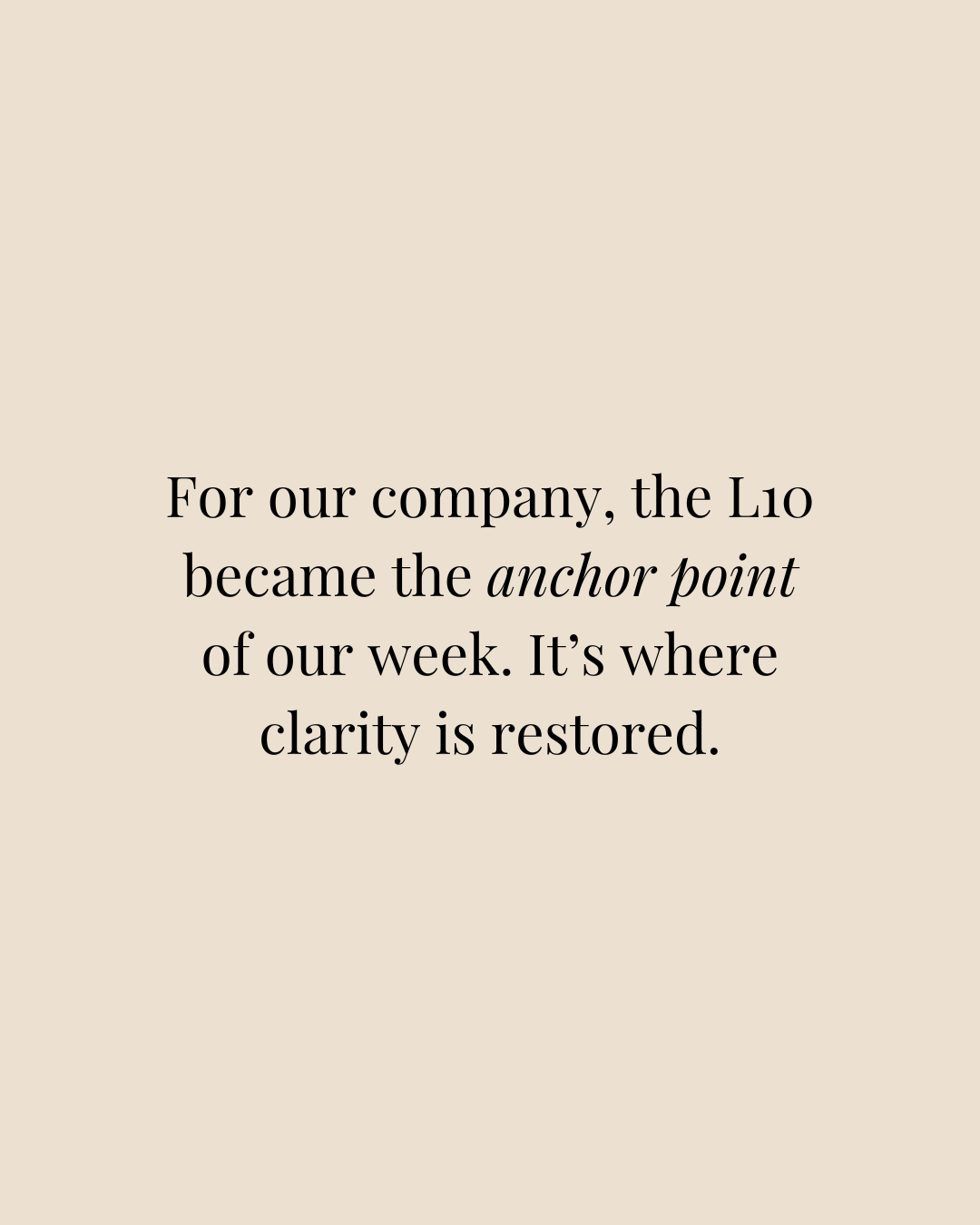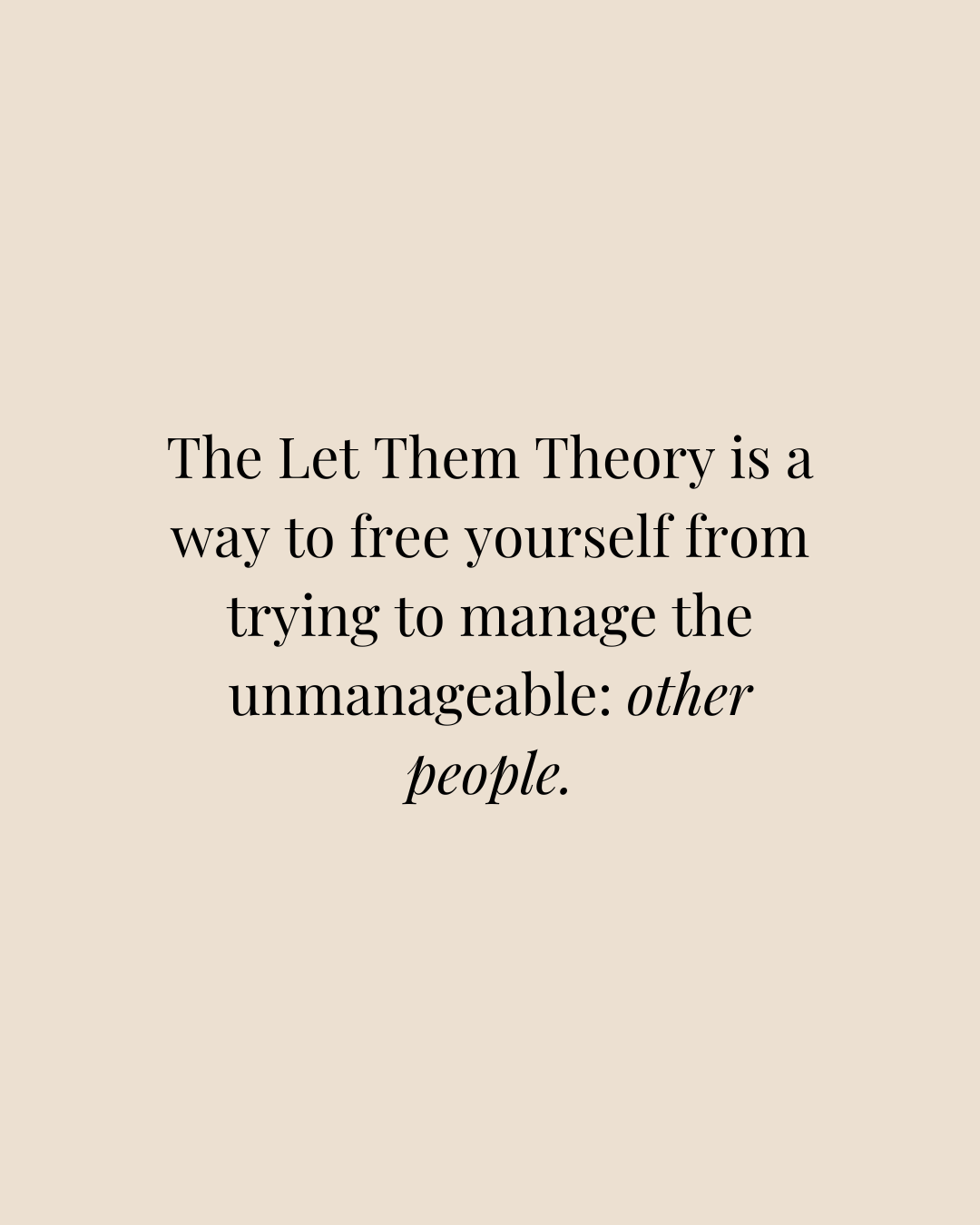Why Property Management is More About People Than Properties
When people hear property management, they usually think about collecting rent, coordinating repairs, or dealing with leases. And yes — those things are part of it. But here’s what I’ve come to learn: properties themselves aren’t complicated. People are.
My fascination with people started long before I ever thought about real estate. Since I was a kid, I’ve been curious about why people do what they do — what drives them, how they make decisions, and how they respond when things don’t go as planned.
This interest in psychology expanded greatly when I entered property management, because you get the opportunity to be in contact with a wide variety of personalities on a daily basis. I’ve learned more about people in this business than my formal education, and it didn’t take long for me to realize this was actually the perfect melting pot for my obsession with people and behavior.
In this post, I want to break that down by looking at the two groups at the heart of property management — residents and owners — and why understanding each one’s psychology makes all the difference.
Residents
Residents are a fascinating study in human behavior. Some are quiet and rule-following, and you hardly hear from them. Others seem to have a new problem every week, while a few will keep you guessing with sudden mood swings that give you whiplash.
I’ll never forget one of my first residents who fell into that “always calling” category — every week it was something different: a leaky faucet, a question about trash pickup, a lightbulb that burned out. At first, it felt overwhelming, until one day she called not about a repair, but because she was nervous about renewing her lease. She admitted paperwork made her anxious and she didn’t want to “mess it up.”
That’s when it clicked. Her calls weren’t about faucets and lightbulbs at all — they were about trust. She needed reassurance that someone was listening and that she wasn’t alone in the process. And really, that’s true of most residents. Behind every lease is a story — a family putting down roots, a young professional chasing opportunity, or someone starting over.
When residents feel seen and heard, they’re more likely to care for the home, pay on time, and stay longer. A resident who trusts you will call with an issue before it becomes an expensive repair. A resident who doesn’t may stay silent — until the problem grows into frustration (and cost).
This is where psychology steps in. Listening, empathy, and clear communication aren’t just “soft skills” — they’re tools that protect an owner’s investment and create a positive living experience.
Owners
Owners come with their own psychology, too. And just like residents, there’s no one-size-fits-all. In fact, owners often bring even stronger emotions to the table because the stress of their investment is always looming in the background.
Some see their property as strictly business — all they want is the monthly statement and confirmation that the property is cash-flowing. Others are deeply attached to the home, especially if it was once theirs. I’ve had owners who only wanted bottom-line updates, and others who wanted to know who moved in, what kind of family they were, and if the yard looked nice. Neither was wrong. Both were human. And both required me to adapt the way I communicated.
Over time, I’ve noticed a few patterns emerge. The numbers-driven investor wants concise updates and measurable results. The sentimental owner needs reassurance that their home is being respected and cared for. And the cautious first-timer benefits from extra education and guidance to ease the fears that come with being new to the game.
Each one comes with their own priorities, but the common thread is this: they want to feel confident that their investment — and by extension, their future — is in good hands. And just like with residents, success comes from understanding the person, not just the property.
The Human Side of Business
Of course, systems, checklists, and technology matter. They keep things organized and moving forward. But they don’t create connection — people do.
When residents feel respected, they’re more likely to care for the home, pay on time, and stay longer. When owners feel understood, they trust you with their investments for years. Psychology reminds us that people want to be valued, heard, and seen — and when you lean into that, you build trust that lasts well beyond a single lease term.
At the end of the day, we’re not in the property business at all. Properties are the product. People are the purpose.
 Brewed for You
Brewed for You
Listen, I know most of the time we’re focused on software, building AI into our business, fixing broken processes, and figuring out how many more team members we need to hire. But what if we looked at it from a different angle? What if we put just as much focus on how to actually connect with the people behind the properties — and how to respond to them?
We can’t sit around anticipating a call from Dramatic Deb. We can’t prepare for every scenario. What we can do is learn how to respond — accepting emotions as they are and meeting people where they’re at. Imagine if everyone on your team knew exactly how to shift their tone when they were speaking with a dominant personality who interrupts constantly… or how to gently draw information out of someone timid and shy.
That’s when things get easier. That’s when this business becomes more bearable — and honestly, a lot more meaningful.





